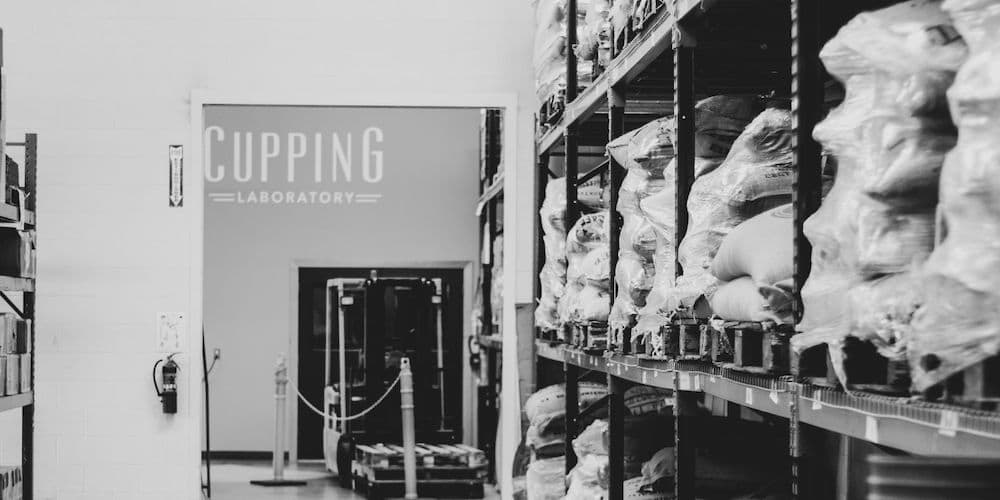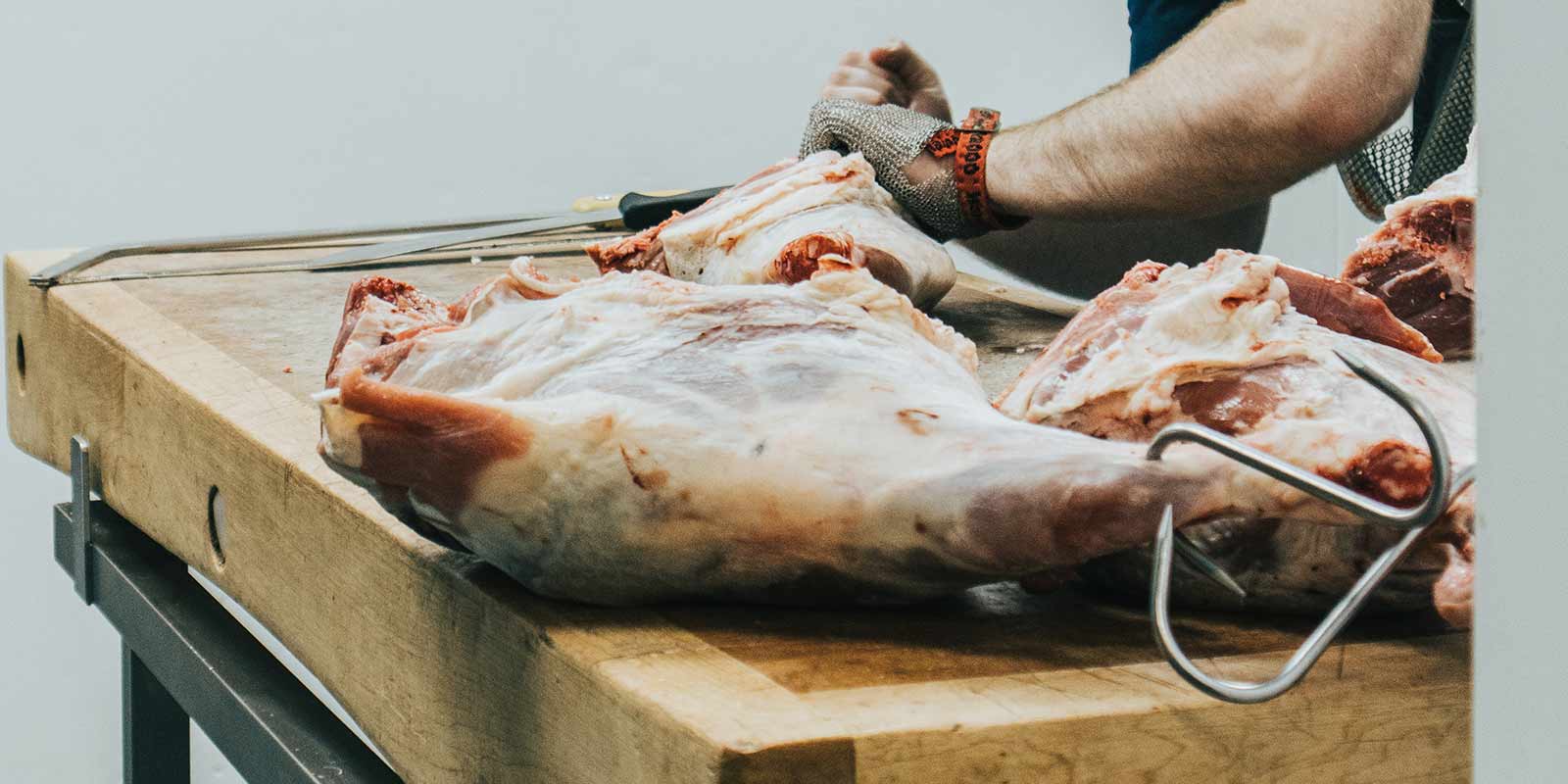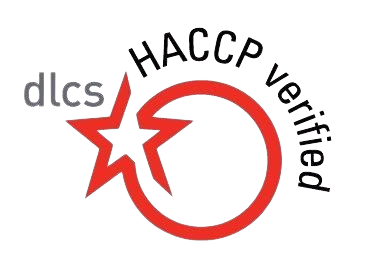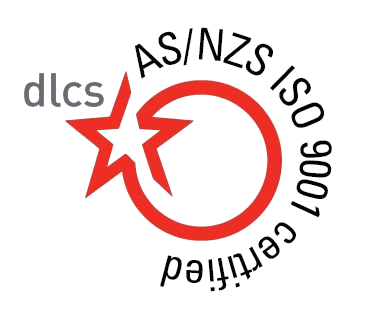Maintaining stringent hygiene standards in commercial bakeries is paramount to ensure product safety, comply with food safety regulations, and uphold the facility’s reputation. Bakeries are inherently dusty environments, and the introduction of water and wet chemicals may complicate the cleaning process. Therefore, adopting specialized cleaning techniques tailored to the unique challenges of bakery operations is essential.
1. Implement Dry Cleaning Techniques
Given the prevalence of flour dust and other dry ingredients, it’s crucial to minimize moisture during cleaning to prevent clumping and facilitate effective cleaning. Recommended dry cleaning methods include:
- Air Guns: Blow off excess flour and debris from surfaces and equipment.
- HEPA Filtered Vacuum Cleaners: Utilize vacuums equipped with HEPA filters to capture fine dust particles.
- Dry Brushes and Mops: Employ dry cleaning tools to remove loose debris from surfaces.
- Alcohol-Based Cleaners: Use food-safe alcohol-based sanitizers to disinfect surfaces without introducing moisture.
- Low-Moisture Steam Cleaning: Apply steam cleaning methods that use minimal water to sanitize equipment and surfaces.
2. Minimize Contaminants
Preventing contamination is vital to protect consumers from foodborne illnesses and allergens. Best practices include:
- Thorough Cleaning of Pans and Trays: Ensure all baking trays and pans are cleaned and sanitized to remove residue from previous batches.
- Regular Sweeping of Floors: Frequent sweeping helps eliminate crumbs and spilled ingredients, reducing the risk of contamination.
- Cleaning Walls and Ceilings: Dust and grease can accumulate on vertical surfaces; regular cleaning is necessary to maintain hygiene.
3. Regularly Degrease Ovens and Filters
Accumulated grease in ovens and filters can harbor bacteria and pose fire hazards. To maintain cleanliness and safety:
- Use Appropriate Degreasers: Apply food-safe degreasers to remove grease buildup.
- Ensure Proper Drying: After cleaning, allow equipment to dry completely before use to prevent moisture-related issues.
4. Maintain Clean Storage Areas
Proper storage practices are essential to prevent contamination and spoilage:
- Regular Cleaning of Shelves: Remove all items from storage shelves and clean them thoroughly.
- Sanitize Refrigeration Units: Clean and sanitize refrigerators and freezers to prevent bacterial growth in cold environments.
5. Adhere to Food Manufacturing Best Practices
While specific cleaning techniques may vary, fundamental food manufacturing hygiene practices remain consistent:
- Conduct Pre-Cleaning Audits: Assess areas that require cleaning before commencing the process.
- Follow Documented Cleaning Processes: Implement standardized cleaning procedures to ensure consistency and effectiveness.
- Establish Cleaning Schedules: Develop and adhere to regular cleaning schedules to maintain hygiene standards.
- Comply with Food Standards: Ensure all cleaning practices align with Food Standards Australia and New Zealand regulations.
By integrating these practices into daily operations, bakeries can enhance product quality, ensure consumer safety, and maintain compliance with industry standards.







